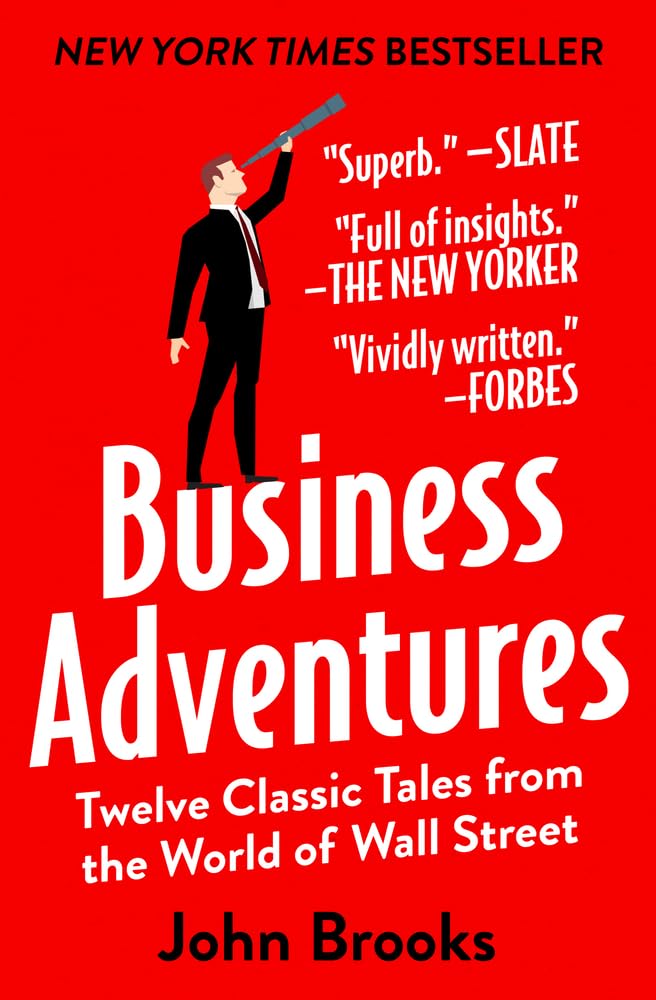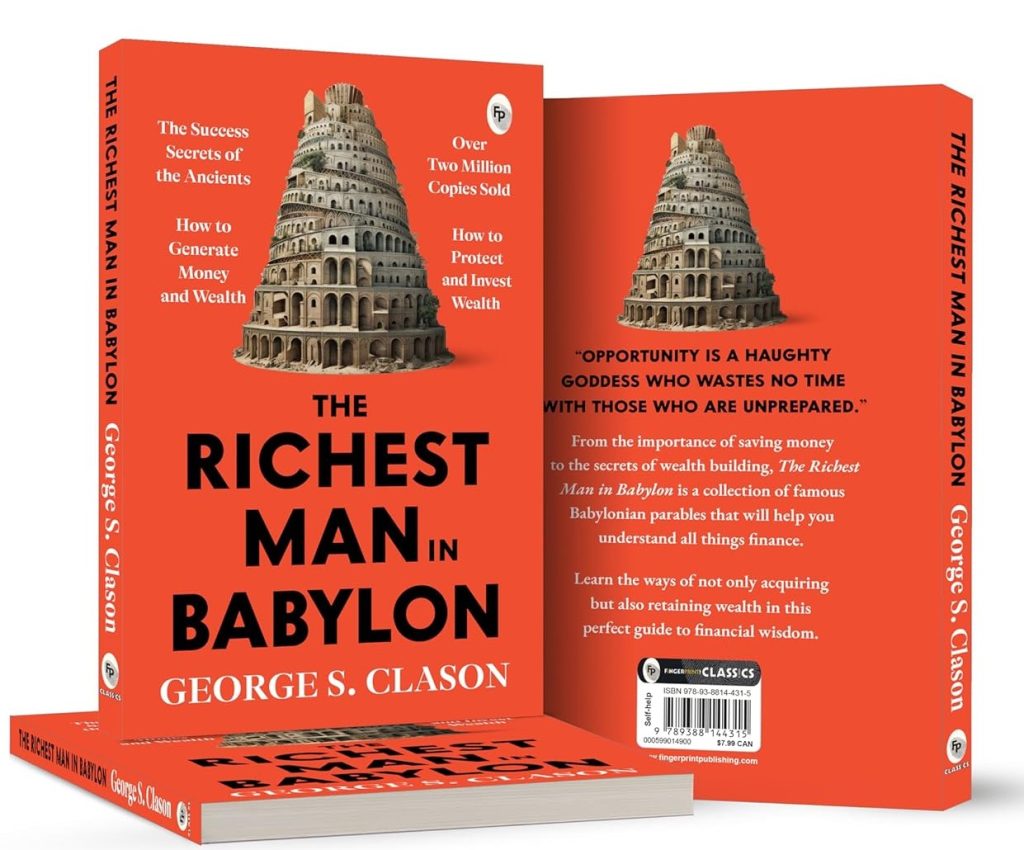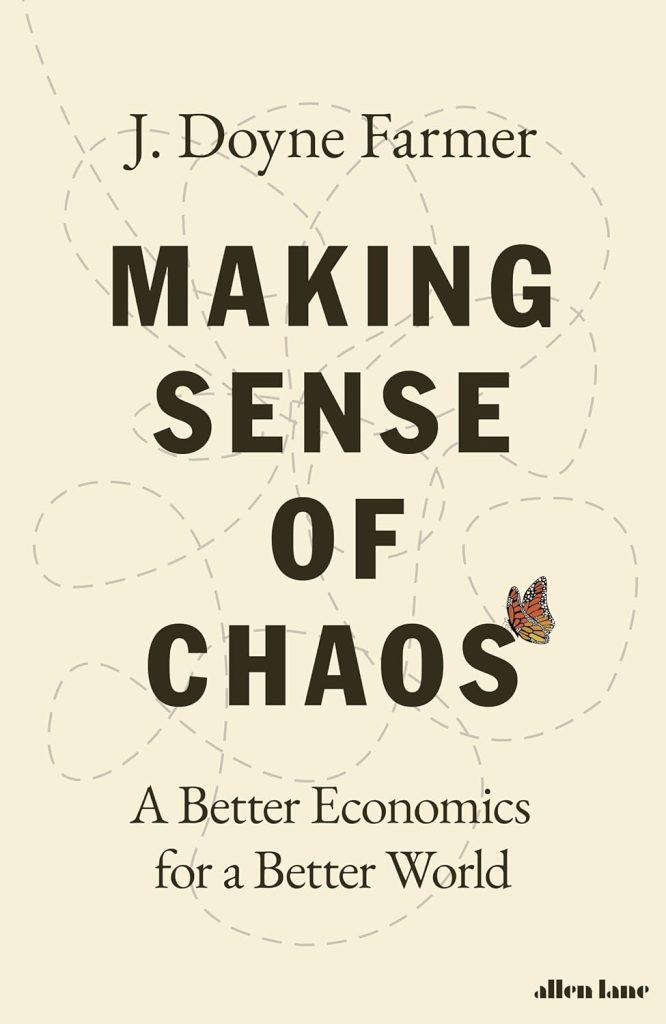Money is not just the numbers on a screen, but it is a reflection of the decisions, values, and the world that we create together. To lead a smart and conscious life, a person needs to become not only financially literate but also financially philosophical: he/she should gain a deeper insight into the interaction of wealth with human nature and society. BooksWagon AE has curated a list of books for such financial insights. These philosophy of economics books are insightful, narrative, and provide actionable wisdom to aid in clear thinking about money, risk, and life.
Here is the list of the most popular Financial Philosophy books
The Intelligent Investor by Ben Graham.
The Intelligent Investor is the best book on value investing, first published in 1949. Benjamin Graham also practices the art of studying stocks in terms of their intrinsic worth and he says that one should be disciplined and avoid getting emotional. The main concept of it is the margin of safety, which is a risk aversion to impulsive investments. The book has sold more than a million copies and is still inspirational to investors across the world. It is known as the bible of investing by the reviewers, and Warren Buffett once quoted that it transformed his life. Read it so that you can come to realize that smart investing is not about market forecasting, but about mastering yourself.

Business Adventures by John Brooks.
The Business Adventures, which was published in 1969, is a masterpiece collection of twelve true business stories on corporate successes, business scandals and lessons learned. From the failure of the Ford Edsel to the emergence of Xerox, Brooks reveals the human story of capitalism. This philosophy book on business rejuvenated into being a bestseller when Bill Gates and Warren Buffett recommended it. Its critics admire its wit and eternal plots. It is worth reading to find that not only numbers run markets, but human behavior, emotion, and risk-taking run them.
How Economies Grow and Why They Crash by Peter D. Schiff and Andrew J. Schiff.
This is an illustrated book that was published in 2010 and uses a humorous parable of island fishermen to describe complicated economic concepts such as growth, credit and inflation. It is a delightful and easy-to-follow tutorial on the way in which the economy grows and why it at times fails. The easily readable style of the book has made it popular among amateur readers. You must read it in order to understand the larger picture of how money, trade and debt actually operate in real life.
When Genius Failed: The Rise and Fall of Long-Term Capital Management by Roger Lowenstein.
Released in 2000, When Genius Failed conveys the thrilling account of Long-Term Capital Management, a hedge fund managed by some of the brightest minds in the field that failed spectacularly in 1998. The philosophy book is about the risks of overconfidence, leverage and blind faith in mathematical models. It is still considered to be one of the most esteemed books on financial crises. Critics are in applause of the keen analysis and narration of the story by Lowenstein. It is something to be read with a humbling effect that a mind without care may result in the downfall of both investing and life.
Money: A story of humanity by David McWilliams.
Published in 2024, it is a new and interactive work, but it follows the path of money as a form of exchange in ancient times and its development into a digital currency and the way it influences the development of humanity. Economist David McWilliams maintains that money is not merely a tool or device of economics but is a social invention that determines relationships and societies. Although it is a new publication, it has already received rave reviews due to its humor and narrative. It is worth reading so that you can have some insight into how money affects our collective past and your everyday life choices.

The Richest Man in Babylon by George S. Clason.
First released in 1926, The Richest Man in Babylon summarizes ancient financial knowledge in the form of parables in ancient Babylon. The first, spend wisely, invest constantly and also none belong to any particular generation. It is one of the all-time best-selling personal finance books, selling millions of copies all over the world. Its simplicity and clarity are adored by the readers. You are advised to read this economic and philosophical manuscript so that you can rediscover the old rules of wealth building that are applicable today.
Capitalism Manifesto: Money for Nothing by Robert Kiyosaki.
Capitalist Manifesto is a book that was released in 2022 and is written by Robert Kiyosaki, as a potent defense of financial education, entrepreneurship and capitalism. He states that financial freedom commences when people understand how money and systems work. The book has been sold in hundreds of thousands of copies and has also brought about international controversy. It is provocative, empowering and eye-opening as it is described by the reviewers. To get long-term wealth and independence, you should read it to realize that education and ownership, but not employment, are the keys to it.
Startup Community Way: Evolving an Entrepreneurial Ecosystem by Brad Feld and Ian Hathaway.
Published in 2020, The Startup Community Way discusses the successful trajectory of ecosystems that develop based on the principles of cooperation, mentoring, and trust. It builds upon the previous work of Feld because it uses the concept of systems thinking in entrepreneurship. This philosophy & economics book is a must-read among those who work or are in the startup field. Its actionable frameworks and community-based philosophy are pointed out in the reviews. You will want to read it because you think the creation of wealth should be inclusive, sustainable, and not created by means of competition, but by sharing a common vision.
Cloudmoney: Why the War on Cash Endangers Our Freedom by Brett Scott.
Cloudmoney, which was published in 2022, explores the global move towards digital payments instead of cash and its beneficiaries. Brett Scott reveals the way banks and tech giants are reinventing financial systems and regulating the circulation of cash. The book has been sold in tens of thousands of copies and acclaimed because of its investigative depth. Critics refer to it as an indispensable read in the era of electronic cash. It is worth reading in order to become more conscious of the impacts of digital financial technology on your privacy, autonomy, and economic decision-making.

Making Sense of Chaos: A Better Economics to a Better World by J. Doyne Farmer.
Published in May 2024, this is a revolutionary book by Oxford scientist J. Doyne Farmer, who reinvents economics by using complexity science. Farmer holds the opinion that classic economic models do not represent the reality of messy systems that are interrelated. He presents physics and data science instruments to allow us to more efficiently comprehend and forecast economic behavior. Although still comparatively new, this economics & philosophy book has already gained very positive criticism as to its vision and clarity. You must read it to reconsider the real-world development of economies and how we can have a more intelligent model of the global economy, which is more sustainable and mindful.
Conclusion
All these books go beyond financial guidance; they provide a philosophy of how to live intelligently and purposefully in a complicated world. From ancient rules of investment to the newest re-definitions of the new economics, they teach us that money is not only about wealth, it is also about wisdom, values, and standing. For the best philosophy and economics knowledge, you need their backup
FAQ – Find Your Answers Here
Question 1. What are financial philosophy books?
Answer: Financial philosophy books explore the deeper principles behind money, not just how to earn or invest it, but how to think about wealth, purpose, and mindful living.
Question 2. Why should I read financial philosophy books?
Answer: They help you develop a balanced mindset about money, combining financial wisdom with life values, which is perfect for smarter, more intentional living.
Question 3. Who are some popular authors in financial philosophy?
Answer: Authors like Robert T. Kiyosaki, Benjamin Graham, John Brooks, and Brett Scott blend financial insight with practical and ethical financial thinking.
Question 4. Can financial philosophy books help with real-life money management?
Answer: Yes, they teach you how to make financial decisions that align with your goals, reduce stress, and build long-term wealth with purpose.
Question 5. Which financial philosophy books are best for beginners?
Answer: Start with The Intelligent Investor by Benjamin Graham, Business Adventures by John Brooks, Capitalist Manifesto by Robert T. Kiyosaki, and Cloudmoney by Brett Scott, insightful reads that balance financial strategy with mindful living.
Question 6. Need to upgrade your financial bookshelf?
Answer: Find all these thought-provoking titles and more over at BooksWagon AE, your single under a roof for great philosophy books, which also teaches finances. Read smart and grow wisely.
